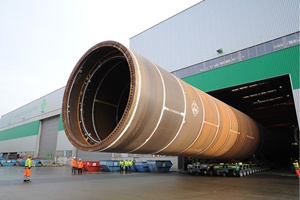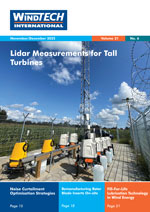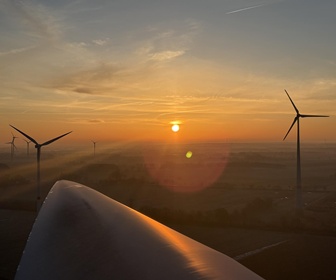 The Federal Institute for Materials Research and Testing (BAM) and several industry and research partners have started the three-year OptiMP project. The initiative aims to extend the lifetime of offshore wind monopile foundations while reducing the material and energy required for their production.
The Federal Institute for Materials Research and Testing (BAM) and several industry and research partners have started the three-year OptiMP project. The initiative aims to extend the lifetime of offshore wind monopile foundations while reducing the material and energy required for their production.
Monopiles are cylindrical steel tubes up to 15 metres in diameter and over 100 metres long. Each can weigh more than 2,000 tonnes of steel, with welding processes that demand high energy. Their current design life is generally limited to around 30 years, restricted by corrosion and mechanical stresses in the marine environment.
The project addresses resource use, a growing challenge as offshore wind expands. By reviewing the full process chain—from design and fabrication to transport, installation, and operation—the partners seek to reduce steel demand by up to 10% and increase service life by up to 30%. Focus areas include optimising welds and edges, improving fatigue resistance and corrosion protection, and developing advanced inspection and simulation methods.
Findings will be transferred quickly into standards in cooperation with certification bodies and industry. Partners include Fraunhofer IGP, Leibniz University Hannover, JBO Engineering Group, Grillo Zinc Metals, and Vattenfall, with further support from companies such as EEW, Siemens Gamesa, EnBW, ZEISS/GOM, Skyborn Renewables, and DNV. The project is funded by the Federal Ministry for Economic Affairs and Energy under Germany’s 8th Energy Research Programme.
Image: EEW SPC/ Photographer Andreas Duerst







